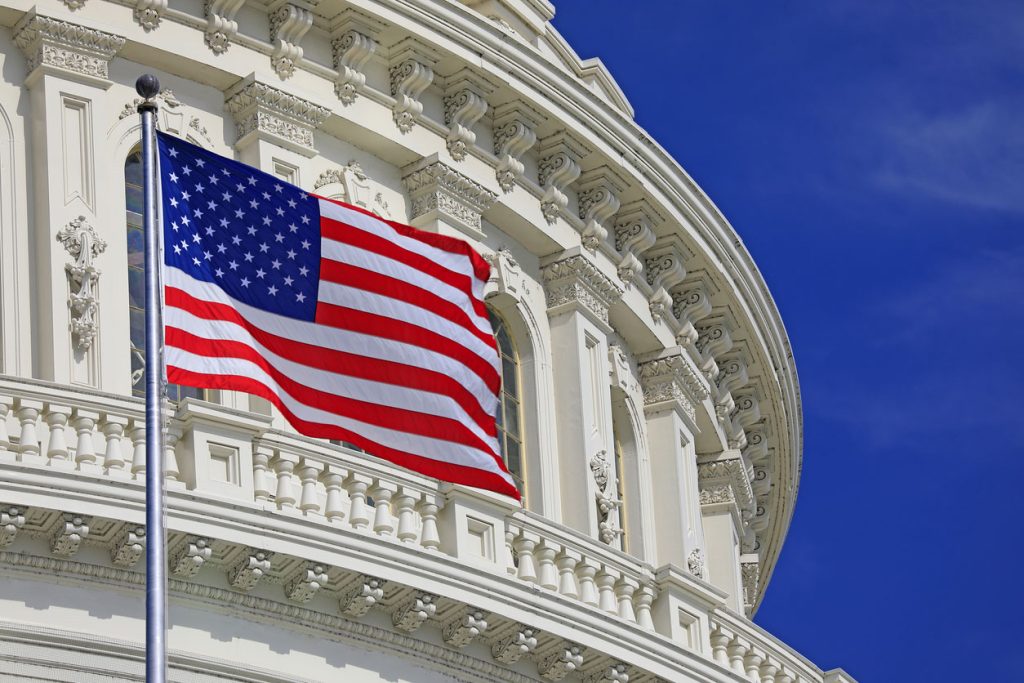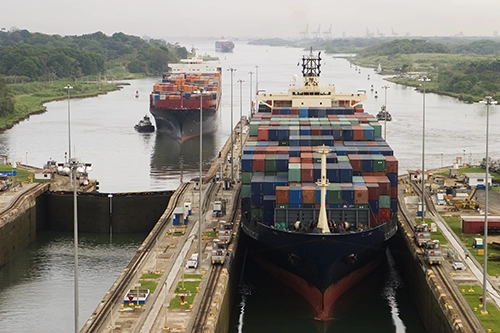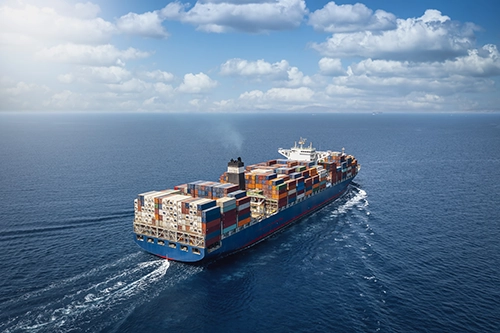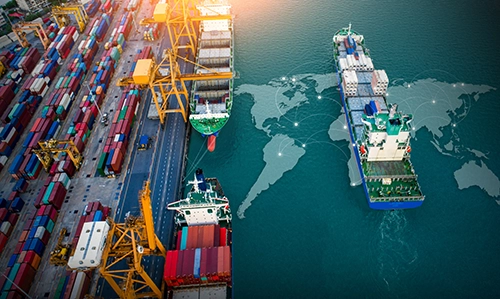Recently, shippers have been experiencing new supply chain developments from historic market movements, carrier surcharges, and additional requirements to secure bookings. Many shippers have been asked for non-refundable cash deposits to secure space on vessels.
The primary reason for these requests is to guarantee the shipper will appear with their cargo. In a time of unprecedented demand, carriers remain cognizant of the power they wield. Back in the good old days carriers were experiencing fall-down statistics up to 35 percent. This meant containerships appeared to be full according to the bookings the carrier held for any one sailing. Toward ingate cutoff, the fall-down in bookings would begin to manifest itself as containers failed to show for their sailing. There were many factors associated with this, some of them genuine supply chain or manufacturing issues, some of them not.
The habit of placing multiple bookings against multiple carriers for the same shipment is akin to hedging your bets. Some ocean carriers upped the ante on their customers by ensuring their portals would calculate current fall-down trends into the platform and allow for overbooking. Exactly in the same way those friendly skies operate, only difference being there was no announcement prior to cutoff offering deals to take the next sailing, you’d just be rolled without apology.
The latest statistics on ocean carrier reliability shows a precipitous fall from 74.8 percent in May 2020 to 38.8 percent in May 2021. Maersk statistics show them as being the best of the worst at 46.2 percent schedule reliability, which, if you’re paying those outrageous surcharges to guarantee space, sailing, equipment, activity, whale migration and moon base development, this doesn’t seem like much of a bargain. The lowest performer in these rankings (Evergreen) has a current 25.1 percent schedule reliability.*
Container ship schedule reliability in the trans-Pacific deteriorated further to an all-time low for the month of June 2021. The trans-Pacific is the busiest U.S. trade lane and is entering peak season with no end in sight to the record imports from Asia. According to the Global Liner Performance report published monthly by Sea-Intelligence Maritime Analysis, schedule reliability to the West Coast declined to 21.4 percent in June and to the East Coast declined to 26.5 percent.
In our current market, nobody has the desire to pay these stratospheric freight costs, but with so many companies with commitments or penalties, most have no choice but to agree. It’s an ‘us or them’ game, meaning, if it’s not my product hitting the shelf, it’s my competitors and that’s untenable long term.
While we believe the supply chain demands will eventually level out, we are entering hurricane and typhoon season, the agriculture peak season, back-to-school peak season, the holiday peak season and still clearing massive backlogs and bottlenecks. It is likely we will not see immediate relief for the next few quarters.
Mitigation strategies might include, booking smaller LCL shipments, moving air freight, selecting alternate ports at either end of the origin / destination equation, making quick decisions when space offers come around, using multiple sources to find and secure space and of course a ready supply of cash to make those all important booking security deposits.
If you have any questions, please contact us today.
*Statistics derived from Sea-Intelligence reports.












